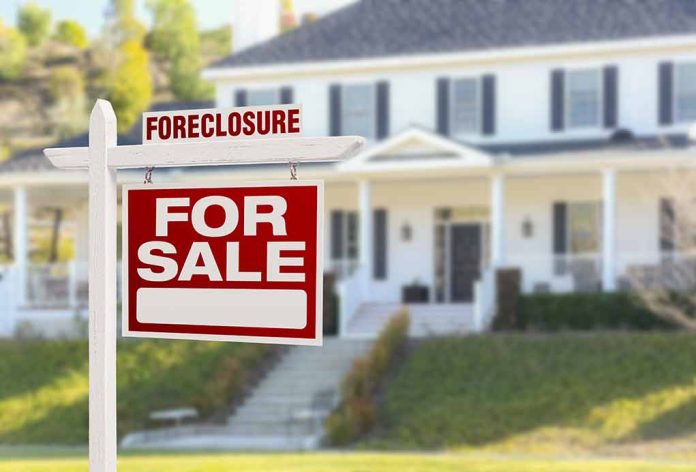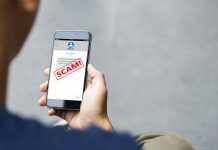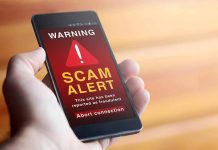
(RepublicanJournal.org) – If you’re looking to save money by buying a new-to-you home, a foreclosed house may be an ideal opportunity. However, getting a foreclosed home also comes with many risks for the buyer.
Since banks want to unload foreclosed homes quickly, you may find foreclosed homes listed below market value. However, foreclosed home sales are “as is,” meaning you could find some problems down the road, and those issues could cost thousands of dollars to fix. When buying a foreclosed home, it’s best to keep the phrase “caveat emptor” (buyer beware) in mind, because purchasing “as is” proves a great risk.
What is Home Foreclosure?
Foreclosure happens when a buyer doesn’t make mortgage payments to their lender (commonly referred to in this situation as “the bank”) or the local tax authority for a prolonged period of time. This time frame is typically three to six months and foreclosure processes are largely dependent on the state, especially when it comes to the level of court involvement.
Foreclosed homes get listed due to the following common situations:
- A homeowner hasn’t paid taxes to their county, locality, or state, and that entity moves to take possession of the home and sell it;
- For any reason, the homeowner has given a bank possession of their home;
- The bank and homeowner have agreed to handle mortgage principal costs by selling the home;
- The bank purchased a foreclosed home as an investment via a foreclosure auction after submitting a successful bid.
Dangers of a Foreclosed Home Purchase
While it is possible to purchase a foreclosed home well below market value, a foreclosed home purchase does come with many pitfalls. Think about it logically: if a homeowner didn’t have the funds to pay their mortgage on time, it’s unlikely that they could afford maintenance and upkeep. This means that the risk of damage and neglect are high. Poor home maintenance can lead to hidden water damage or other problems. Something as simple as a roof in disrepair can cause thousands of dollars of damage throughout the home, as rainwater could get into walls, electrical systems, and more.
What starts as a roof in need of repair could end up as a remodel involving mold repair and electrical rewiring. In this case, you, your family, and your pets may not be able to safely inhabit the home while it is awaiting or undergoing repairs, leading to even more costs as you’ll have to stay in your current dwelling or live in a hotel temporarily, putting your things in storage.
If the foreclosed home has been sitting for a while since foreclosure, there are also more weather and temperature related risks, such as frozen pipes or water damage caused by condensation.
As you can imagine, it’s also not a very fun or stress-free experience to lose one’s home. Therefore, intentional property damage is common. Since you may not even be able to see the inside of a foreclosed home before purchasing it, this could be a very expensive problem.
Lastly, foreclosed homes may also come with tax debt. As the new buyer, you’ll inherit this tax unless you negotiate with the bank when you purchase the home. This is an important thing to bring up during negotiations when possible.
How to Avoid Hidden Costs When Purchasing a Foreclosed Home
Having a professional inspection of the foreclosed home is the best way to determine the condition of the home.
This typically costs around $500 and reveals damage to electrical, HVAC (heating/air conditioning), plumbing, and electrical systems and components. Home inspection reports also include information about the condition of the foundation and roof. Typically, the bank will not invest in repairs in foreclosure situations, but if you’re able to get an inspection of the foreclosed home, you’ll be aware of the costs you will need to front in the future.
Additionally, you can learn a lot of information about the status of the home via public records. You can use a title search company to help you find any information about back taxes before bidding on a foreclosed home.
Sometimes, it’s not possible to perform extensive research or inspections, especially if you’re purchasing a foreclosed home at auction. If you’re able to check out the property, look in the windows, and do a drive by, you might get more information about the potential risks of purchasing that foreclosed home. Try to get a competitive market analysis (CMA) to determine the general value of the home and neighborhood, and see whether other homes have been foreclosed upon nearby.
Copyright 2023, RepublicanJournal.org









